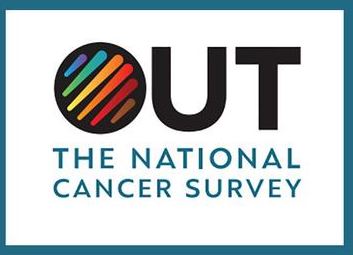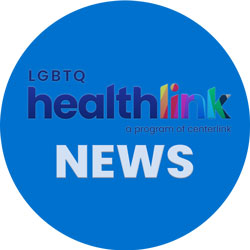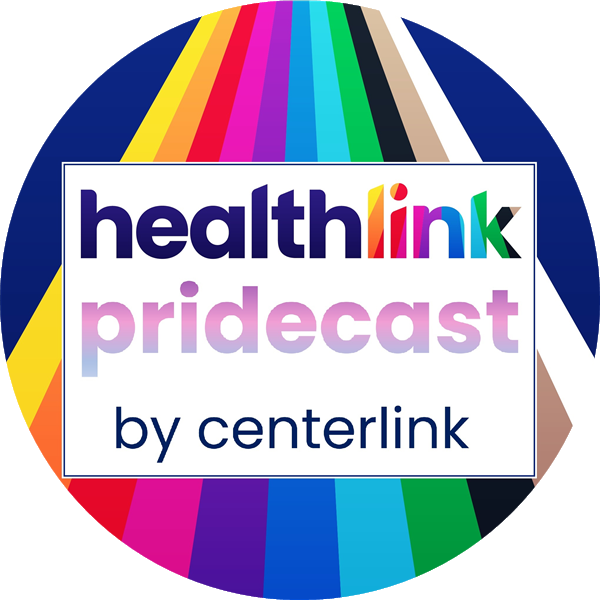Trans Folks Especially Needed Trans Services

LGBT HealthLink, 7/12/2021
Trans Folks Especially Needed COVID Services
 A new study found that among the LGBT population, transgender and nonbinary individuals had been twice as likely to report COVID-19 symptoms than were cisgender LGB folks; they were also more likely than cisgender LGB individuals to be interested in COVID-19 vaccination or at-home testing. Overall, 13.3% of LGBT folks had been tested at that point even though 24% had reported symptoms.
A new study found that among the LGBT population, transgender and nonbinary individuals had been twice as likely to report COVID-19 symptoms than were cisgender LGB folks; they were also more likely than cisgender LGB individuals to be interested in COVID-19 vaccination or at-home testing. Overall, 13.3% of LGBT folks had been tested at that point even though 24% had reported symptoms. Passports to be More Inclusive
The New York Times reported that the State Department has begun to implement new policies that will make it easier for transgender people to change their gender marker on passports, and which will also add a nonbinary “X” marker option for those who identify as nonbinary, intersex, or otherwise do not want an “M” or “F” designation. The move is especially important as more states have moved to permit such markers, which has made discrepancies with passports a concern for safely traveling and accessing services.
HIV Disclosure Brings Challenges
A study explored the impact of disclosing a positive HIV status among sexual minority Black men in Baton Rouge. The 30 men included in the study reported ramifications to disclosing their HIV status such as being assaulted, problems with family and friends, and socioeconomic problems. The study reports that these challenges are connected to the underlying inequities and intersectional discrimination this population faces.
Talking to Young Trans Patients about Fertility
Psychiatric Times reported on the importance of mental health providers speaking to transgender and nonbinary youth patients about fertility issues – a topic that many providers say they do not know enough about. While there is no consensus as to who among providers should take the lead on these conversations, research shows they are important for youth to understand the impacts of treatment options and make informed decisions.
Discriminatory Blood Bans Weaken
Reuters reported that Germany will follow other countries, such as the UK and Australia, in loosening blood donation restrictions aimed at queer men. They can now donate blood if they are in a monogamous relationship, while those with multiple partners (and heterosexual individuals with “frequently changing partners”) will have to wait four months. Calls to end discriminatory bans, which began during the early years of HIV, have increased as the need for donors has soared during the pandemic.
Cancer Screenings for LGBT Communities
Cancer Network shared research on barriers to cancer screening facing LGBT populations, including research finding that LGBT people of color may face additional challenges in accessing such services. Other studies have shown that communication and knowledge of LGBT issues is key, and that providers who make assumptions about LGBT patients (particularly with regard to sex and gender) miss important screening opportunities.




